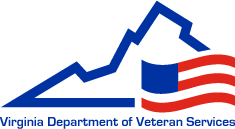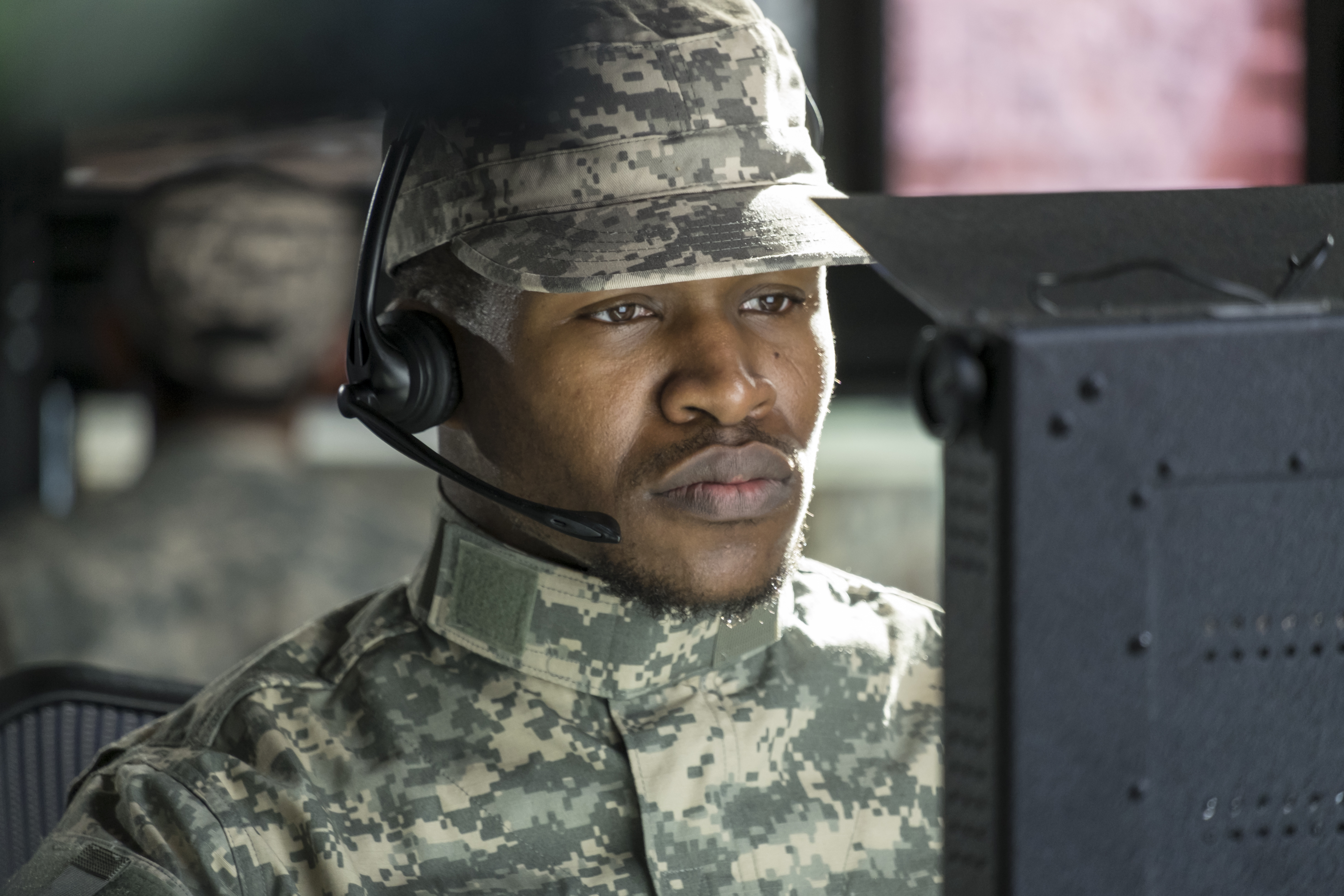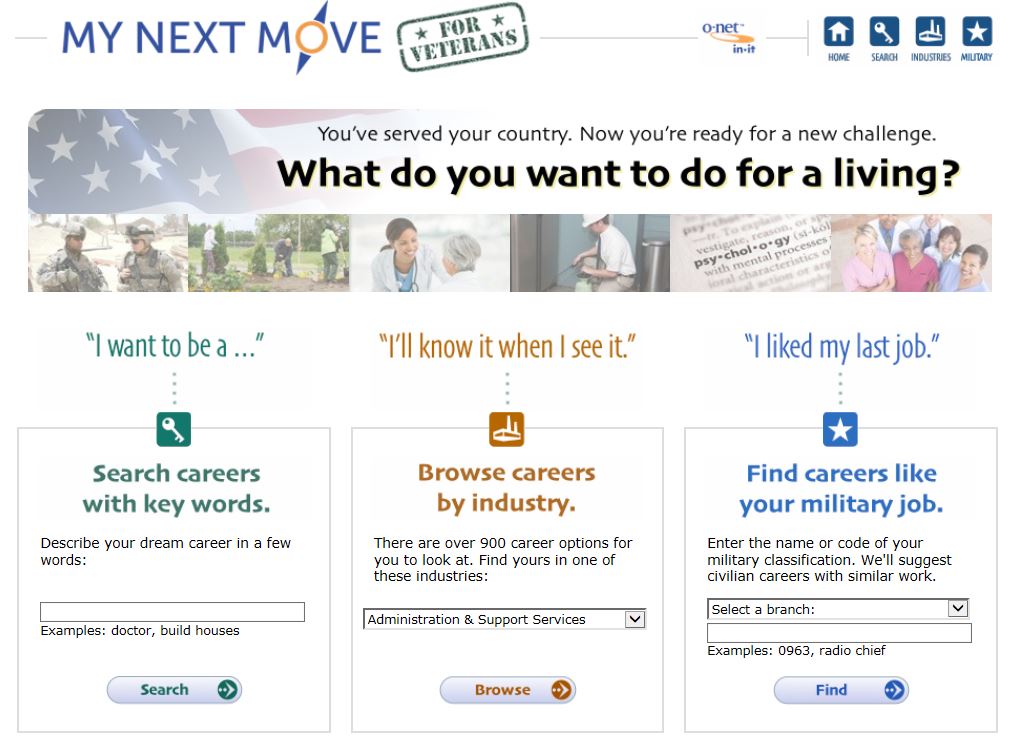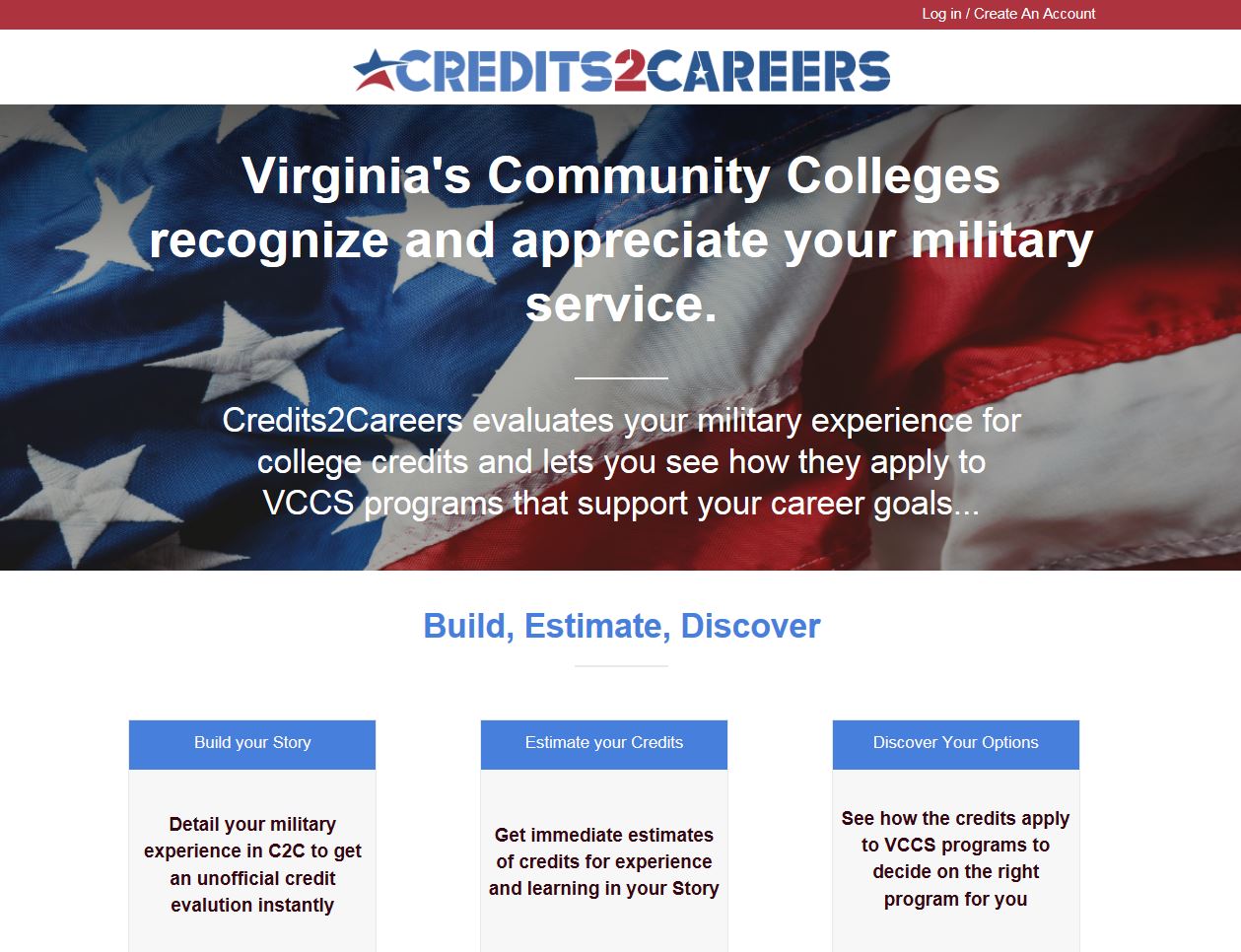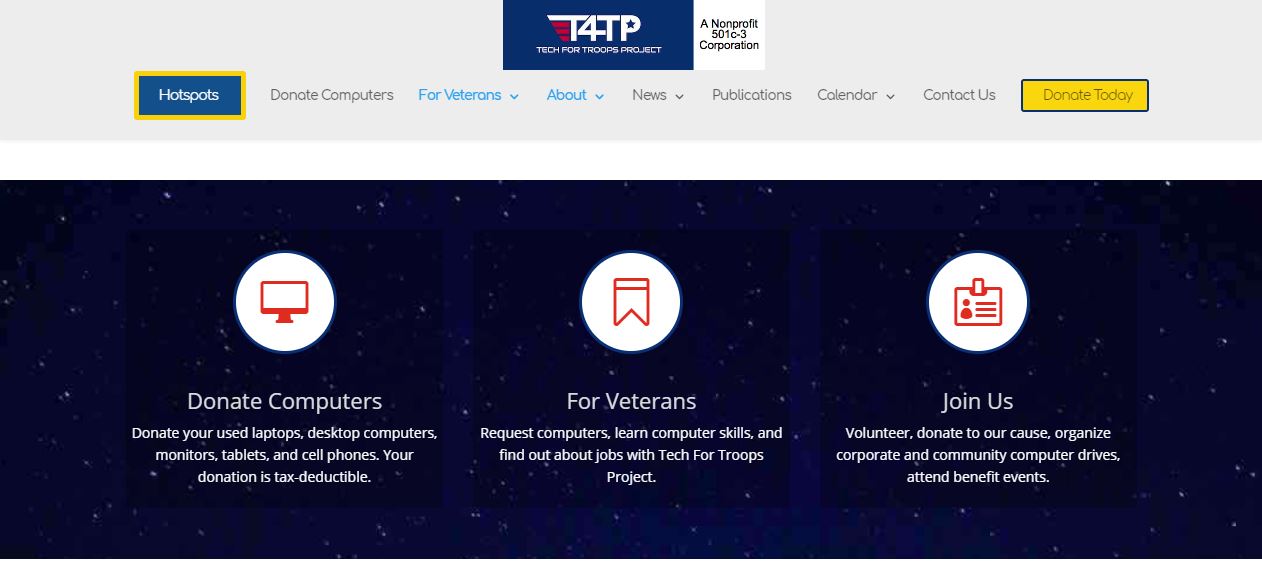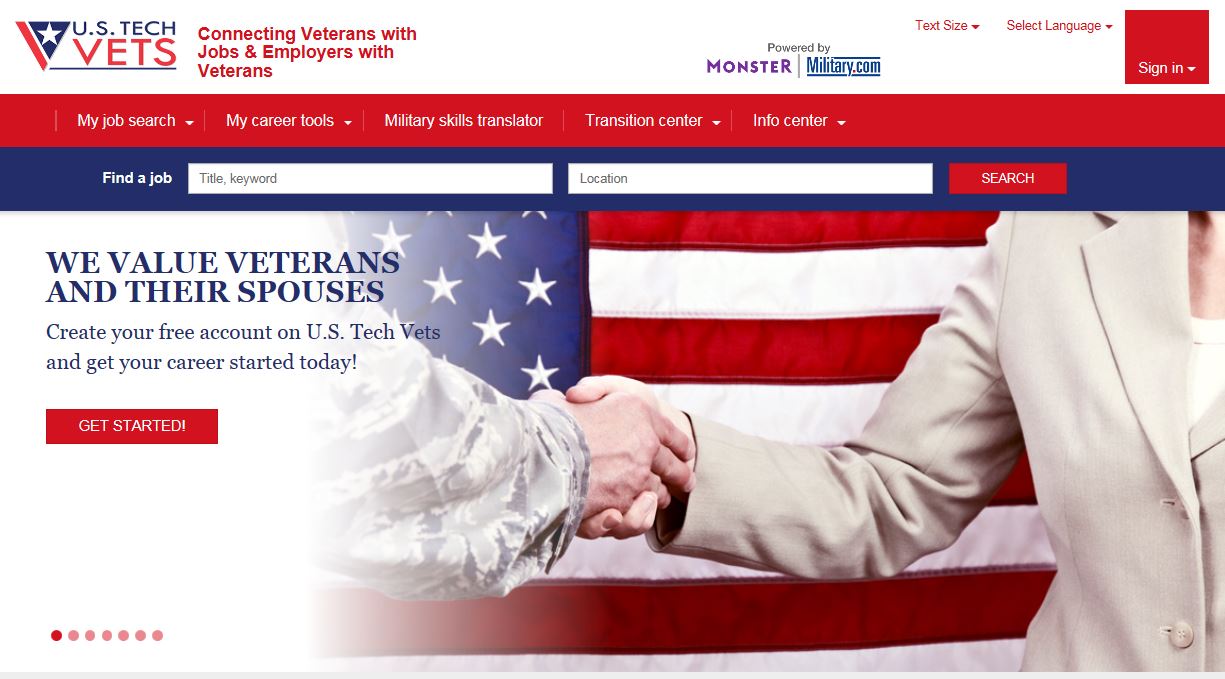Vets on Campus Resources
Veterans entering college following military service often do not have the same college preparation guidance afforded to traditional college students. As a result, they may find themselves at a disadvantage when transitioning into and functioning successfully within a college environment. Below is a list of resources to help Veteran and Military-related students succeed as they pursue their academic goals.
DVS Resource Guide
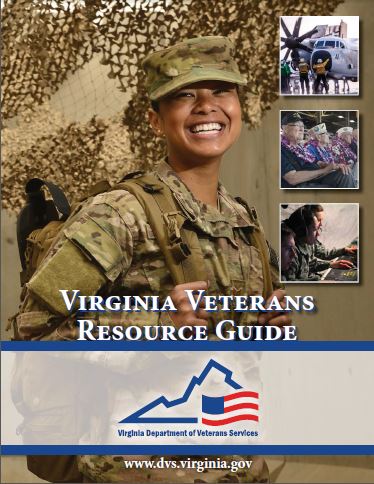
WHAT DOES DVS OFFER?
The Veterans Resource Guide provides Virginia’s Veterans and their families with useful information on all programs and services offered by DVS.
An electronic version can be accessed here.
G.I. Bill Hotline
GET ANSWERS ABOUT YOUR EDUCATIONAL BENEFITS
Call the Veterans Administration
888-GIBILL-1 (888-442-4551). Call between 7 a.m. – 6 p.m. Central Time, Monday-Friday.
Email the Veterans Administration
Email the V.A. a question and get an answer in four to five working days. You can also search for answers to frequently asked questions and get regular updates. This contact method is available worldwide 24 hours a day, seven days a week. Enter the Ask a Question site.
Call the Veterans Administration From Overseas
Students and School Certifying Officials calling from outside the United States can contact us by phone at 001-918-781-5678 during business hours, 7 a.m. – 6 p.m. CST, Monday – Friday. This is not a toll-free number, but the caller will be routed to the next available customer service representative.
This is for overseas customers only, all others should call the toll-free number or contact us at the Questions and Answers section of this website.
Visit the website here: https://www.benefits.va.gov/gibill/contact_us.asp
My Next Move for Veterans
MILITARY-SPECIFIC CAREER AND EDUCATION RESOURCE
“My Next Move for Veterans” is a great resource for Veterans and Transitioning Services Members trying to determine their next steps. You can sort by career fields with a “bright outlook”, green economy jobs, and jobs with registered apprenticeship opportunities.
Credits2Careers
CREDIT FOR MILITARY LEARNING AT VIRGINIA COMMUNITY COLLEGES
The colleges in the Virginia Community College System are committed to evaluating your military experience and granting college credit. This credit, Credit for Prior Learning, can then be applied to meet the academic requirements of a degree or certificate program at that college – so you complete the degree or certificate you need for a future career – faster and at a lower cost.
ACE Transfer Guide
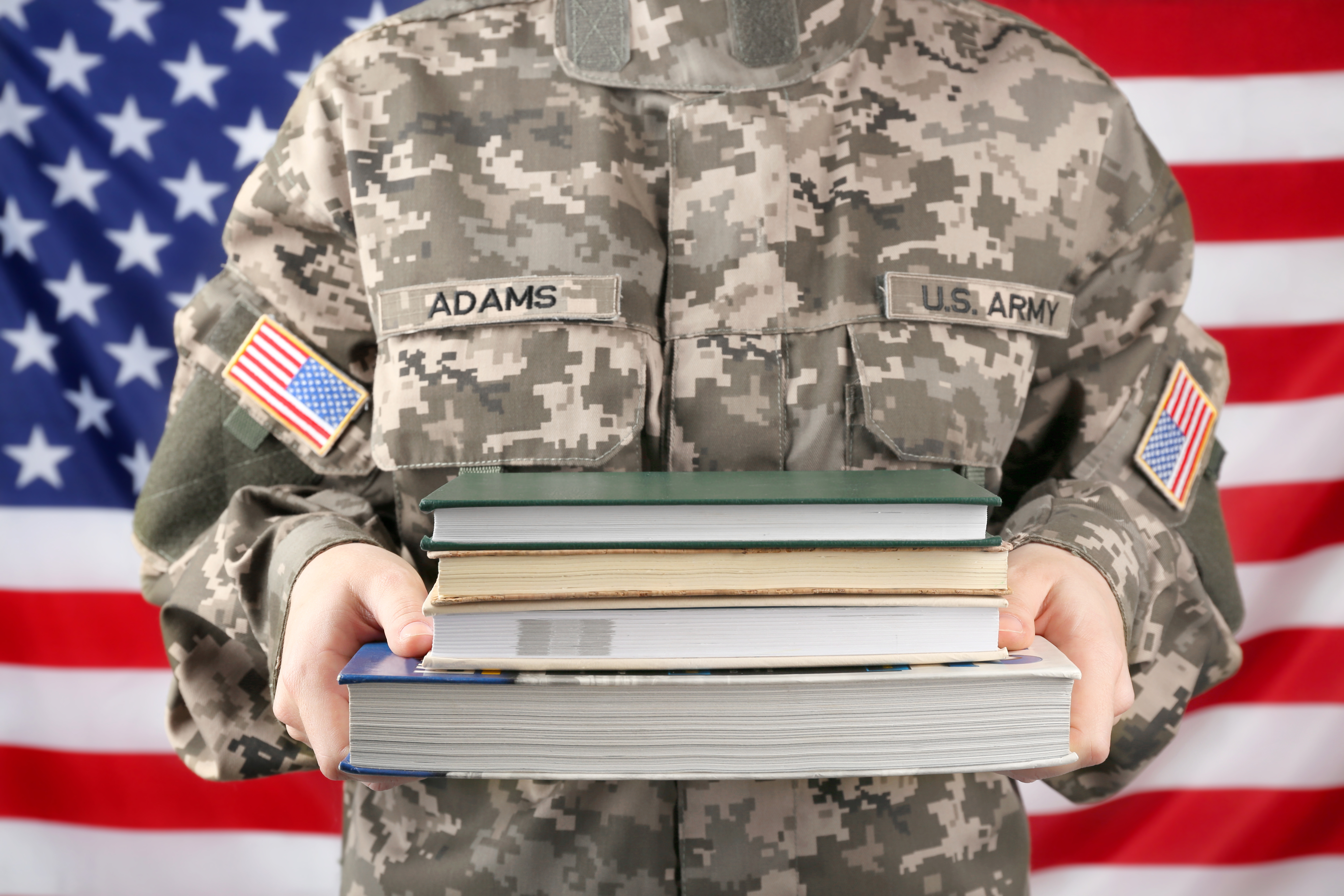
ACE TRANSFER GUIDE
Based on your military experiences and training, you may have college credit recommendations to apply toward a degree requirement or program of study. This guide is designed to help you obtain college credit for your military training and experience, whether you are an active duty service member or a veteran.
For more information regarding your military transcripts click the link below.
Onward to Opportunity
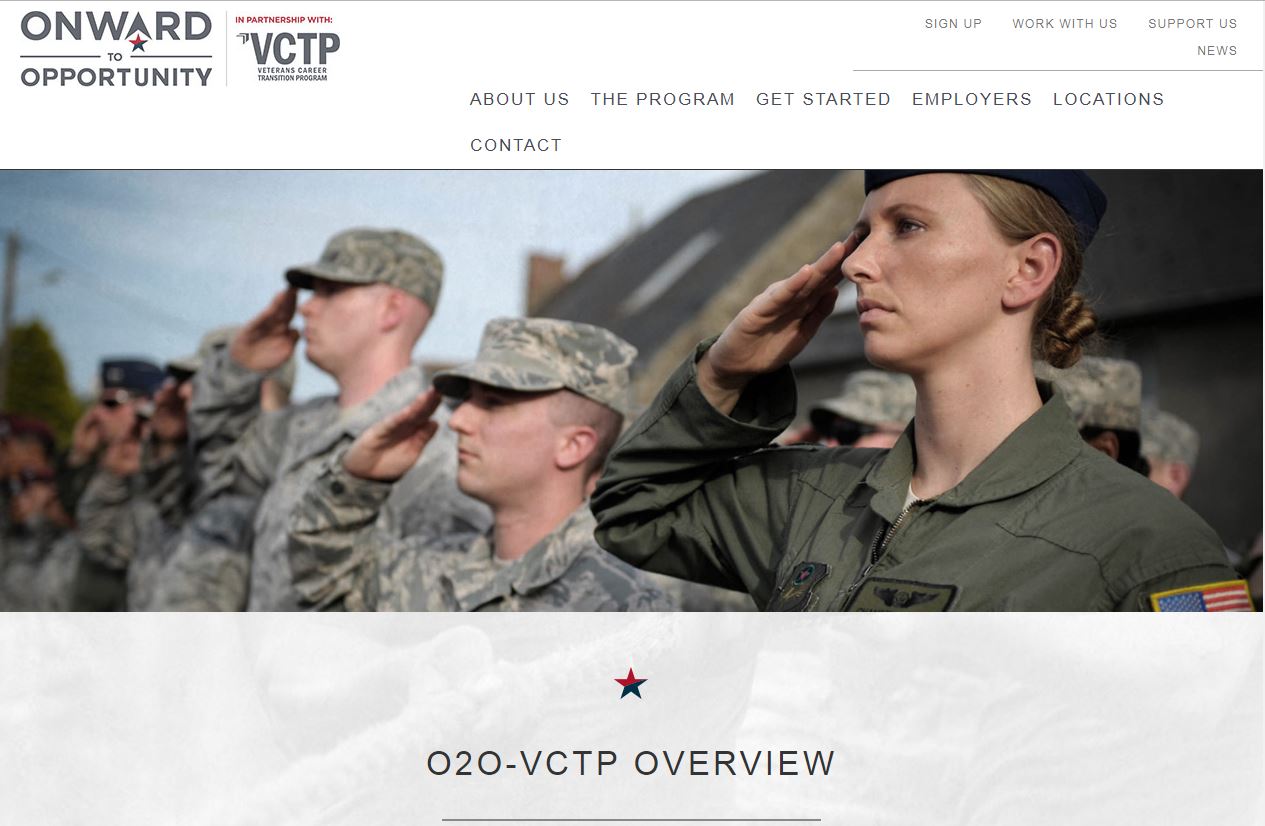
IN-DEMAND CERTIFICATIONS FOR VETERANS
Onward to Opportunity in Partnership with the Veterans Career Transition Program (O2O-VCTP) is a resource for Virginia transitioning Service Members, Veterans and family members through the Institute for Veterans and Military Families (IVMF) at Syracuse University.
O2O-VCTP is a free, comprehensive career training, certification and employment program designed to launch you into your next career with over 30 industry-recognized learning paths and courses as part of three career tracks: Customer Service, Information Technology, and Business Management. The program offers classroom and web-based training to accommodate all types of learners. Transitioning service members, veterans and military families can also benefit from the uniquely military employment pipeline with direct connections to career-path counseling, job-ready training and access to over 400 brand name employers.
To learn more, please visit: https://ivmf.syracuse.edu/programs/career-training/
Veterati
AMERICA’S MENTORING NETWORK FOR THE MILITARY
Join thousands of Service Members, Veterans, and Military Spouses in setting up free 1-hr mentorship phone calls with successful professionals. We’re the only Veteran Mentorship Platform to let you choose your own mentors and as many as you would like; our average member selects 4 mentors, and some mentees have 25+ mentors! Create a free profile at Veterati to get unlimited access to thousands of volunteer mentors: CEOs, recruiters, entrepreneurs, managers, Veterans & civilians alike. Visit us: https://www.veterati.com/#about-us
Military Scholarship Opportunities

U.S. VETERANS MAGAZINE SCHOLARSHIP LIST
A variety of scholarships are available to Veterans, their spouses, and their families. This list was provided by U.S. Veterans Magazine. Check out the full list here.
Resources for Veterans Transitioning to School After TBI

RESOURCES FOR STUDENT VETERANS WITH TBI
Many who leave the military decide to take advantage of the GI Bill and other education benefits in their post-military careers through enrollment in higher education degree or certificate programs. This transition to civilian life can be challenging, and adjusting to academic life — especially with a traumatic brain injury — can add additional challenges and stress. A major challenge for student veterans with TBI is their lack of knowledge of how to access services at college campuses, or that help is even available.
This resource guide represent a sample of many resources that can help veterans succeed as they transition from military to student life, while dealing with the symptoms of TBIs. You can view the resources here: https://www.brainline.org/article/resources-veterans-transitioning-school-after-tbi
Tech 4 Troops
NO-COST COMPUTERS FOR VETERANS
Tech for Troops is a 501(c)3 charitable not-for-profit organization based out of Richmond, VA. We provide refurbished computers to Veterans and their families so they can:
- Apply for jobs
- Start businesses
- Get online training
- Apply for their VA benefits
Tech for Troops is dedicated to empowering Veterans with computers, computer skills, and Information Technology (IT) workforce training. We also responsibly recycle computers to keep harmful toxins out of landfills and save businesses money by eliminating overstocked models. We even have a Veterans Computer Resource Guide on our website to help any Veteran use their computer.
STEM Fleet Forward Initiative
STEM RESOURCES
STEM Fleet-Forward Initiative (STEM FFI) is a dynamic online communication and career-readiness resource center aimed at increasing the academic achievement and employability of military-related individuals—active duty, reserves, National Guard, Coast Guard, veterans, and dependents—who are pursuing careers in the fields of science, technology, engineering, or mathematics (STEM).
Mission
STEM Fleet-Forward Initiative, an economic development model program, will create a pipeline of career-ready employees to address the need for a STEM workforce in fields relative to the military, defense-related industry sectors, and the civilian workforce in the Hampton Roads area.
Program Goals
- Raise awareness of STEM related civilian occupations
- Link military occupations to academic programs and civilian careers
- Address barriers to success in STEM fields.
Program Objectives
STEM Fleet-Forward Initiative supports the overall mission of ONR by focusing on military-related individuals’ development in civil, mechanical, and electrical engineering; information technology and cybersecurity; and other STEM-based programs offered at TCC and other Virginia community colleges placing them on the pathway to continued higher education or careers.
Upon completion, STEM FFI will support the Hampton Roads STEM-based economy by:
- Building early awareness of careers as engineering technicians, engineering technologists, and engineers, and the pathways that lead to these careers.
- Ensuring academic recognition of service members’ prior experience.
- Defining and propagate supportive academic environments.
- Providing seamless support from government agencies, academic institutions, and industry.
For more information visit-STEM Fleet Forward
Funded by the Office of Naval Research (ONR), The Center for Military and Veterans Education (CMVE) at Tidewater Community College (TCC) established the STEM Fleet-Forward Initiative (STEM FFI).
U.S. Tech Vets
CAREERS IN TECH
USTechVets.org is a U.S. technology industry career portal created to connect Veterans, including transitioning military personnel and their spouses, with meaningful jobs in America’s technology industry. USTechVets.org is a collaborative effort of the, Consumer Technology Association (CTA), Northern Virginia Technology Council (NVTC) and it’s Veterans Employment Initiative, Monster.com and Military.com focused on reducing Veteran and military spouse unemployment and giving technology industry companies improved access to American’s Veteran workforce. It is also a great place to look for internship opportunities!
Virginia Veteran and Family Support Program
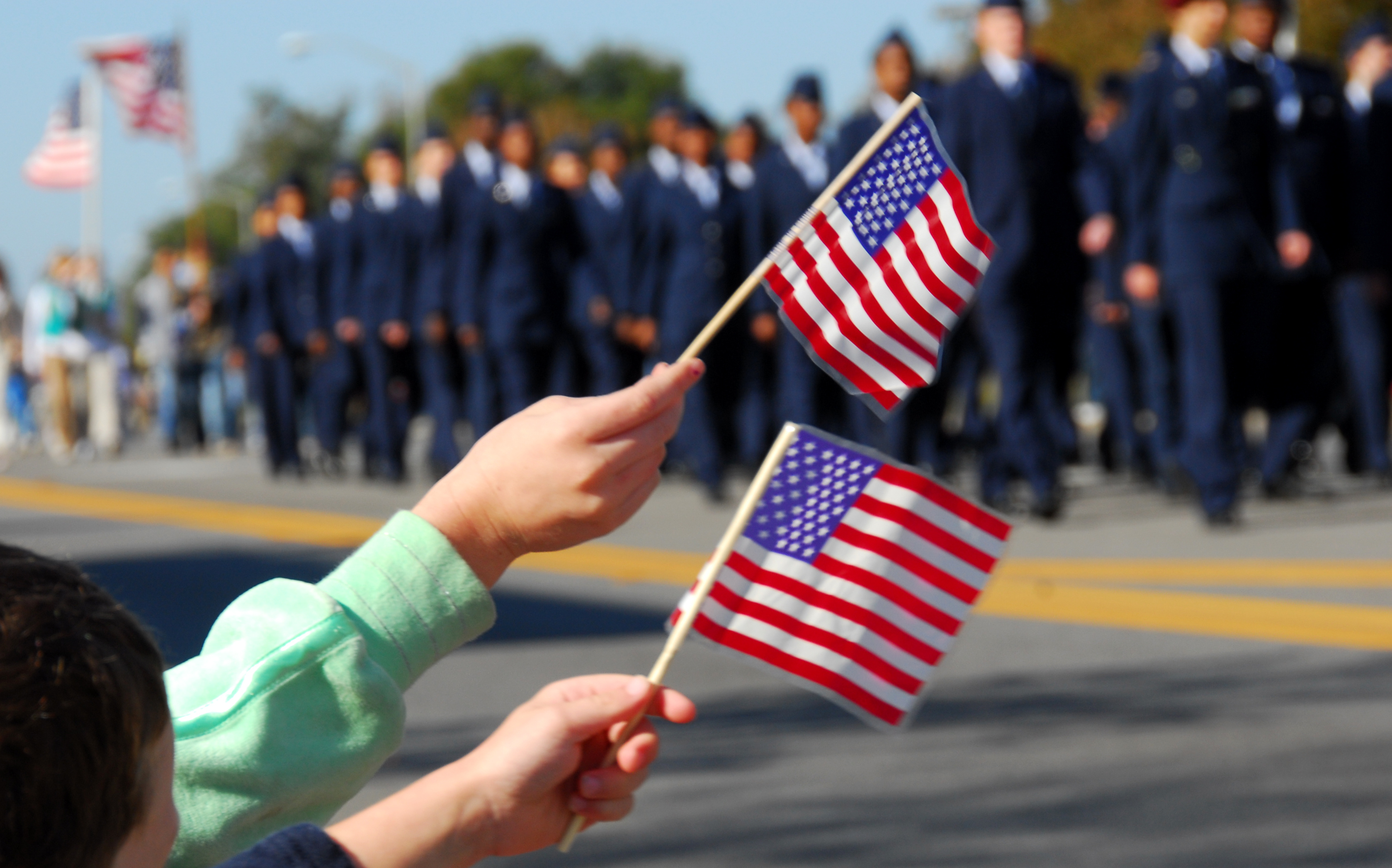
SUPPORT SERVICES
The Virginia Veteran and Family Support Program (VVFS) was established in response to the growing need to improve and expand services to our nation’s veterans and their family members coping with the impact of deployment, military service, post-traumatic stress, operational stress and/or traumatic brain injury. VVFS monitors and coordinates the delivery of behavioral health, rehabilitative, and supportive services for Virginia Veterans and their families. Through an extensive network of Federal, State, and Local partnerships, the VVFS proudly serves veterans of any era who are Virginia residents; members of the Virginia National Guard and Armed Forces Reserves not in active federal service; and family members of those veterans and service members. Our core services include peer and family support with hands-on assistance navigating supportive services. VVFS is also proud to serve our most vulnerable veterans including veterans involved in the criminal justice system and those experiencing homelessness. VVFS specializes in closing service gaps and enhancing response systems for all Veterans in the Commonwealth. Check out our website for more information.
Peer Support Groups

BY VETERANS FOR VETERANS
LOCATIONS:
NORTH – Springfield Va.
Every 2nd and 4th Wednesday Month 6-8pm
Contact: James Custodio (571)235-8308 or
james.custodio@dvs.virginia.gov
NORTH – Fairfax Va.
Every 1st and 3rd Wednesday 6-8pm
Contact: James Custodio (571) 235-8308 or
james.custodio@dvs.virginia.gov
NORTH – Fredericksburg Va.
Every 1st and 3rd Thursday 6-8pm
Contact Anthony Swann (540) 840-3003 or
Anthony.swann@dvs.virginia.gov
CENTRAL – Mechanicsville, Va
Every 1st and 3rd Wednesday 6-8pm
Contact Matt Rollston (804) 366-2926 or
matthew.rollston@dvs.virginia.gov
CENTRAL – Petersburg, Va
Every 1st and 3rd Monday 5-7pm
Contact Delano Medley (804)543-0279 or
Delano.medley@dvs.virginia.gov
CENTRAL – EAST – Norfolk, Va
Every 1st and 3rd Wednesday 5-7pm
Contact: Kim Hague (804)839-1599 or
Kimberly.hague@dvs.virginia.gov
Get College Accomodations
GET COLLEGE ACCOMODATIONS
Veterans entering college following military service do not have the same college preparation guidance afforded to traditional college students. As a result, they may find themselves at a disadvantage when transitioning into and functioning successfully within a college environment. Some student veterans report feeling isolated and disconnected from civilian students and faculty. Still others may be juggling family and work responsibilities which can further challenge their adjustment to college life. Those who have been injured may be learning about the impact of their injuries on their daily lives.
It is estimated that 25% of veterans entering postsecondary education may have conditions such as TBI, PTSD, depression, physical, and sensory impairments. These conditions will affect individual students in different ways depending on the type and severity of the condition. However, if you have an injury, it is important to consider how your college experience may be impacted so that you can develop strategies for academic success before you start classes.
One such strategy is to request academic accommodations. Every public 2 and 4 year college or university has an office in charge of assisting students with disabilities. Colleges and universities may call this office by different names, but you will often see it referred to as Disability Support Services, Student Accommodations, or Student Support Services.
Why should you check out the Disability Support Services Office? If you are a wounded warrior, you could get accommodations that can help you such as priority registration. This allows you to register for your classes before the general student population which can be very helpful because, without priority registration, your first choice of classes may not be available. Other common accommodations include extended time on tests, testing in a limited distraction room, and notetakers who take notes for you anonymously in class.
These accommodations are individualized and are based on your medical and psychological documentation. The college you attend will determine if you are eligible for services and will provide you with an accommodations letter or form that will identify the accommodations that would be beneficial to you in school based on your documentation of your disability. Give a copy of this accommodation letter to your instructors at the beginning of each semester so that they can provide the accommodations that you need to be successful in your classes.
Keep in mind that each college and university has different documentation requirements. Once you have narrowed down your choice of colleges, contact the Disability Support Services Office or go to their website to find out their documentation requirements. If you do not have the documentation that the college specifies, take the documentation requirements with you when you go to see your doctor or psychologist at the VA medical center or other community provider, and ask them for updated documentation that fits the requirements of the school.
Strategies for Success
STRATEGIES FOR SUCCESS
One way to start off on the right foot in college is to know what your professors will expect from you. Each faculty member will be different but some common things your professors will expect from you include:
Reading the syllabus
- Many instructors open the class with a review of the syllabus. This process offers you a good opportunity to highlight key information, such as due dates, make notes of instructor preferences and ask any questions that you may have about the course set-up. It is also a good idea to place your syllabus in your class notebook, and to refer to it throughout the semester.
Going to class regularly and being on time
- Attendance and grading policies will usually be explained the first day of class and in the syllabus. However, if attendance is not part of your grade, your instructors still expect to see you in class.
Being an active learner
- Listen and ask questions in class, take notes manually or through a notetaker, and participate in class discussions.
Reading the assigned materials before class
- When assignments are listed for specific days, this usually means that the assignment is due on that day. For example, class readings for a given day should be read before you go to class.
Asking your professor if you have questions
- Read the syllabus to find out when your professors have office hours and visit them during these scheduled hours. Be prepared when you go to see them by having specific questions to ask them. Asking them to give their lecture again is not appropriate. However, asking for clarification on a specific point is appropriate.
Turning in assignments on time
- At the beginning of the semester go through each of your syllabi and find the due dates for your papers, tests, quizzes, etc., and put them into your planner. This step will help remind you of important due dates. Remember to look at your planner often.
- Check the syllabus for your professor’s late policy. Some professors will not accept late assignments at all while others deduct points for each day the assignment is late.
- If you can’t make the deadline, contact your professor ahead of time and find out if you can have an extension. Not all professors will give extensions but some may give extensions based on extenuating circumstances.

